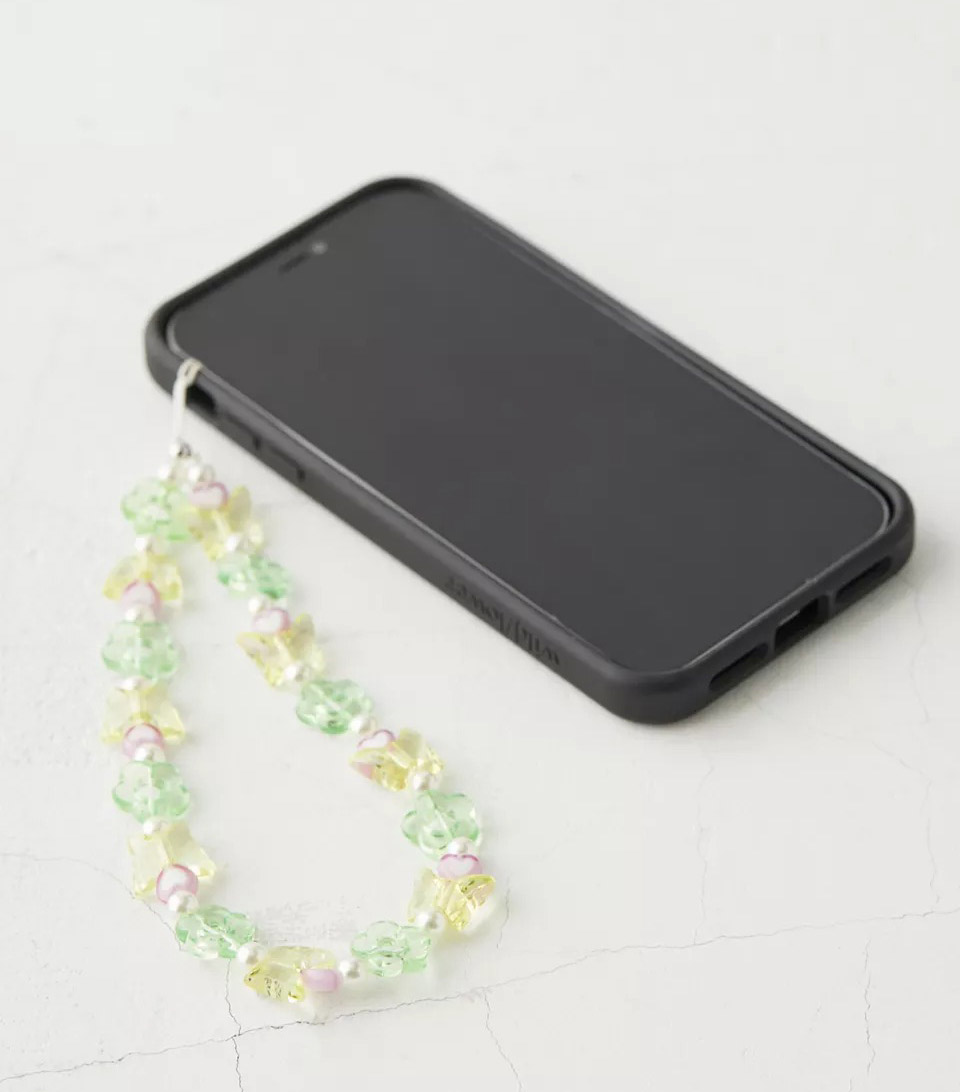What Does It Actually Mean to Be a Bad Texter? We Asked a Psychologist


During a recent happy hour conversation that predictably drifted to the dating chronicles of my single friends, one mentioned that she was currently fielding a guy who was infuriatingly slow to message her back. "It's so weird because he's great when we're together," she lamented. "But I think he's just a bad texter."
One of the guys in our group quickly jumped in with some tough love. "There's no such thing as a 'bad texter,'" he opined. "It sucks, but if he was really into it, he'd make the effort to answer back."
His comment compelled me to chime in with my own, and not just for the sake of alleviating some of the disappointment that was now written all over our friend's face. Even though I didn't necessarily disagree that this particular scenario was a classic case of "he's just not that into you," I personally identify as a bad texter, and my often-lengthy response time certainly isn't always congruent with how I feel about a person.
I've accidentally left some of my dearest friends hanging; my own father frequently has to follow up with a "Hello?!" As of this morning, I have three different outstanding text replies on my to-do list, along with a couple of emails from family members. I'll be the first to admit that calling myself a bad texter is a tidy label meant to offset my own anxieties about a highly unlikable behavior.

But I also know how overwhelmed I feel when, for example, a few text messages start rolling in while I'm slammed at work. Because I prefer to compartmentalize and focus on the task at hand, I tell myself I'll answer them when I'm done. A few hours go by, I have a total "d'oh!" moment, and I frantically message them back, apologizing profusely. And so the cycle continues.
When I asked our Facebook group if anyone else could relate to this conundrum, one reader's response in particular distilled my thoughts on the matter. She started off by noting something very key: It's usually disingenuous to claim that you didn't see their text. "Everyone has their phones on them and is pretty in the loop 24/7," she said. "So I'm sure everyone sees texts come in and just chooses not to respond at that time." That said, "I would be overwhelmed to respond to everything right away," she continued. "I think of texting like I think of email: I respond to urgent messages right away, important messages (situational) within a couple of hours, and non-important messages when I have more time."
To me, this whole topic is a symptom of our culture of instant gratification, which we're only just learning to negotiate in the grand scheme of interconnectedness. (Let's not forget that just 10 years ago, social media was incredibly new and many of us didn't have unlimited texting on our devices.) Is it really fair to demand that we respond to everything in a consistently timely manner or else be seen as rude or unavailable?
"I absolutely think the cultural premium placed on immediate gratification has a hand in cheapening the overall quality of our social interaction," says Heather Silvestri, PhD, a New York–based psychologist. "I happen to be 'old school' in several ways, and among them is my strong preference for a more thoughtful and substantive response rather than an immediate (but also perfunctory) one."
However, Silvestri notes that just as with any kind of human-to-human interaction, it's a tad more complicated than self-identifying as a slow texter and leaving it at that. There are different personalities to consider: Your own, sure, but also those of the people in your life who value a more punctual response.

For people you don't know, it's better to be relatively timely
It's kind of like showing up late for a first date. They have very little context for your personality, so it's easier to make a snap judgment or misunderstand based on that one scenario. With that in mind, erring on the side of over-politeness is a wise idea, notes Silvestri. "If texting someone with whom you are not familiar, it's always better to adhere closely to social convention," she says.

Of course, if something is business-related or otherwise time-sensitive, make it your top priority
"If something is time-urgent, then tardiness is problematic in both a practical and relational way," says Silvestri. You know this already, but if somebody requires an immediate response, then that should be your number one priority. I emphasize "somebody" because even if you don't personally view it as urgent as they do, their priority level takes precedence—otherwise you risk harming that relationship.

It gets a little more complicated with people you actually know
That's because your personal network consists of a rainbow of different personalities. Just like you know what makes different friends tick IRL, you also have to cater to that complexity on your digital channels.
"The more deeply you know someone, the more you can, and probably ought to, depart from strict protocols for texting," says Silvestri. "As with any other interaction within a more intimate relationship, much of the intimacy hinges upon knowing each other. In this way, basing your texting responsivity on a mix of your knowledge of the other person's preferences and needs as well as your own seems like a recipe for good relating."
That's ultimately the lesson I'm trying to internalize, especially as an introvert: While my friends are everything to me, sometimes I really need to disconnect from my network for a few hours at a time in order to connect back with myself. But I also have a few friends who I know value a speedy response—especially on certain topics—and that means learning to compromise with their needs, too. After all, it would break my heart if one of them misconstrued my slow response time as indifference and applied that "she's just not that into you" logic to our relationship—and that alone is worth rehabilitating my texting protocol.
Next, 17 Ways to Stop Online Dating From Ruining Your Mental Health
This post was originally published at an earlier date and has since been updated.
This article is provided for informational purposes only and is not intended to be used in the place of advice of your physician or other medical professionals. You should always consult with your doctor or healthcare provider first with any health-related questions.


